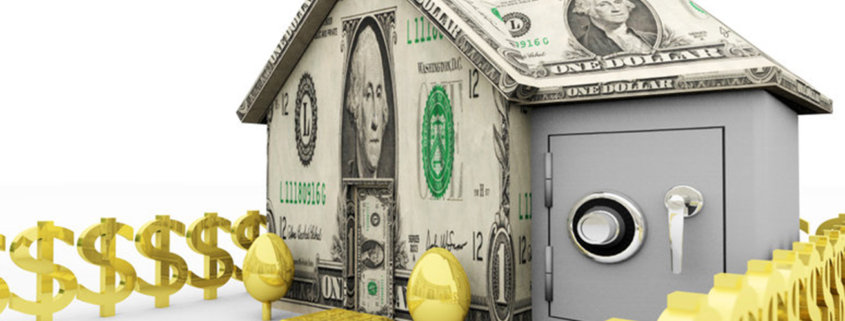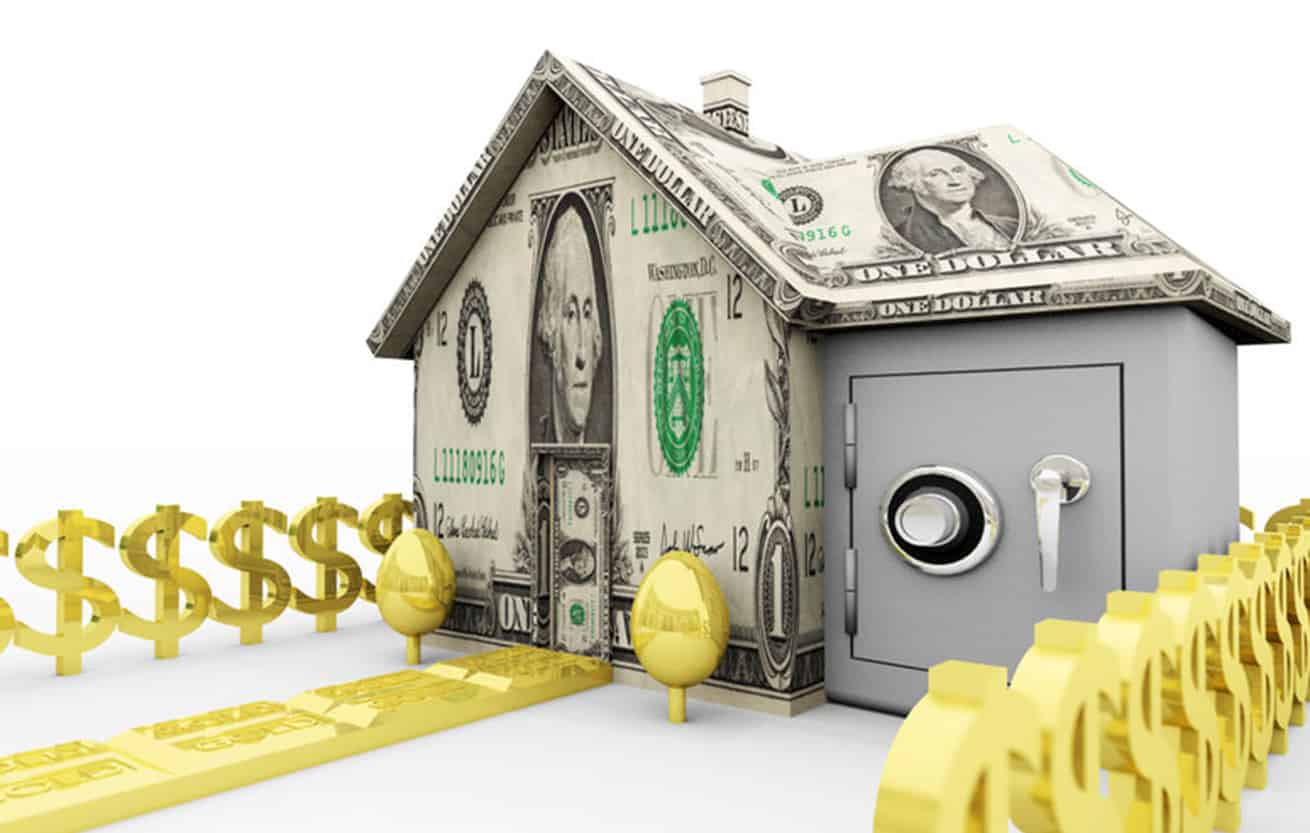How to Stop Worrying Your Housing Bubble Is About to Burst
If you’re paying attention to what’s going on in the stock market and you watch news headlihes, it’s easy to assume the US housing market is in a bubble that’s ready to burst.
The steep spike in home prices over the last two years has brought on a buying frenzy. And now long-term mortgage rates are surging, as the Fed hikes interest rates. Mortgage buyer Freddie Mac reported on 12-14-11, that the average on the benchmark 30-year rate came in at 6.33%. One year ago the average rate was 3.1%.
Bubbles are hard to call, as is timing them. So, what do the experts say?
Earlier this year, Business Insider asked 32 real-estate experts this simple question: Is the US housing market in a bubble? Why or why not?
A clear majority of their answers amounted to a NO, for a variety of reasons. But six of them said YES, and warned of a decline in prices ahead.
You bought the biggest home they said you could qualify, taking advantage of low rates and creative financing. Who knew you could afford such a great house?
But now, several years later, your low-interest rate has disappeared, and the adjustable-rate mortgage that seemed like a good idea keeps pushing your payments higher. Or perhaps you took out a fixed-rate mortgage with an inflated interest-rate due to your super-low downpayment.
If all that isn’t bad enough, instead of increasing in value your home’s market value appears to be slipping. You worry it’s about to take a nosedive.
Rather than getting caught up with worry over the big picture or arguing about who’s right and who’s wrong, here are eight specific things you can do right now to make sure your personal housing bubble doesn’t burst.
Stay calm
If you can afford your house payment, a falling market will not likely hurt you, provided you’re not planning to sell right now. Your home’s market value is only a number on paper.
Stay put
While you might be tempted to bail out, selling now might cause you to suffer a loss needlessly. Enjoy your home. Time has a way of righting a slumping market. If you can hang on to a home for five to 10 years or more, you improve your chances of unscathed out a downturn.
Get fixed
Interest rates are creeping upward, it may not be too late for you to refinance into a fixed-rate loan. Do it now. With a fixed-rate mortgage, you always know what to expect.
Don’t borrow
If your home has appreciated significantly in the past few years you might be tempted to cash out the equity before you lose that gain in a potential market downturn. Don’t do it. Equity appreciation is not money in the bank.
Cashing out will widen your debt and increase your monthly payment. If that equity is money you really need for some other purpose, sell your home now and downsize to a cheaper area. Otherwise, don’t risk falling into a trap where you end up owing more than the home is worth.
Double up
If you are positioned to target your mortgage more aggressively, step up your payments to reduce your principal quickly so you owe less than the property is worth.
Widen the gap
You need to maintain a healthy gap between your home’s current market value—the amount it is worth to today in its current condition and the amount you owe—never less than 20 percent is my advice. Concentrate on widening that gap now and you’ll sail through any market downturn.
Keep up
Even in a down market, your home will be more likely to stay at the top in its class when it reflects your pride of ownership. Keep the place well maintained.
Stay focused
While keeping abreast of your home’s current market value is interesting, it is not nearly as crucial as your outstanding mortgage. That’s the number that deserves your focus and full attention. Set a goal, then create a realistic plan to pay off your mortgage so that one day you will own your home free and clear.
Every dollar you pay toward the principal starting right now will bring you one step closer to living rent-free for the rest of your life!















During the 2008 stock market melt down, my husband was panicking until he heard someone one on of the business tv shows say, “It doesn’t matter what a stock is worth today. All that matters is what’s is worth when you come to sell it.” I think that applies to houses as well. I’ve been through several housing bubbles. (I’m old.) Over my life I’ve bought at the bottom of the market and at the top. If you can afford to ride it out, and it might take a decade, you should be OK. And if you’re young, be aware that you might go through this scenario several more times in your life. And above all, don’t do anything in a panic. That seldom gives the outcome you want.
If you are paying for PMI, check the value of your home to make sure you are still required to hold the insurance. You may be able to get the PMI removed from your mortgage payment. If so, you may be able to apply that amount toward the principle of the loan. Since you are already used to paying that amount, you should keep paying it – only you get to control where it goes including straight into savings (especially if you don’t have a freedom account fully funded).